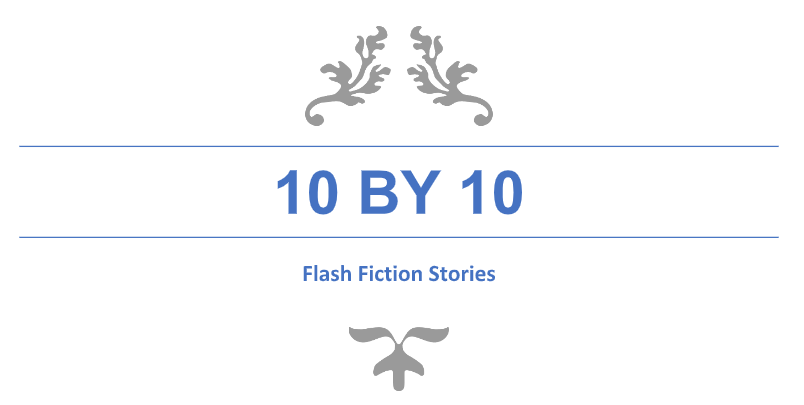by Jacqueline Freimor
After the funeral, Mrs. Gutman is surprised by the generosity of her neighbors. She herself has not been a good neighbor. She hates Century Village, hates Florida, in fact, with its prehistoric reptiles, its violent sun.
Mrs. Goodstein brings a babka. Mrs. Fink brings pickled herring. Mrs. Stein brings offers of rides to the doctor, to the supermarket, to the movie theater. They pat her hand, these women, and welcome her to the sisterhood of widows. At least you had a chance to say goodbye, Mrs. Fink says, and everyone nods and murmurs, Yes, yes, it’s a mercy, it’s a blessing, while their eyes sweep through the living room, appraising the furniture, the art, the heavy antique silver. Mrs. Gutman gazes through the window at the Cadillac glinting in the driveway. The car has lost none of its power for her, even though her husband is no longer enthroned in it. The windshield winks in the harsh afternoon light.
Such a lovely service! says Mrs. Stein, and again there is consensus, even from Diane. A runaway at fifteen, now married to a periodontist, Diane had flown in from Portland—another surprise—to deliver the eulogy. My father was a difficult man, Diane said, but his bark was worse than his bite. Mrs. Gutman, who has a better memory for such things, had bowed her head as though she were praying.
After the neighbors trickle out and Diane departs for the airport, Mrs. Gutman remains in the living room, staring out the window and listening to the ticking of the clock. When she is sure she is alone, she changes into slacks and fishes the keys to the Cadillac from his jacket. She is going to the Honda dealership to buy herself a car. No one is ever going to drive her again.
